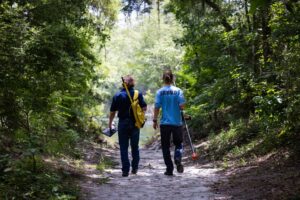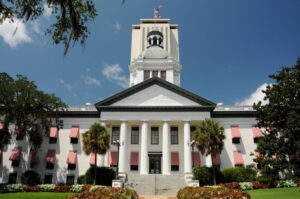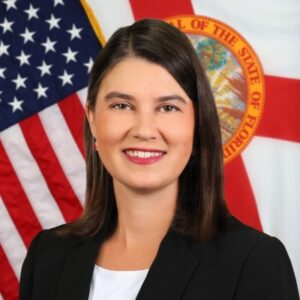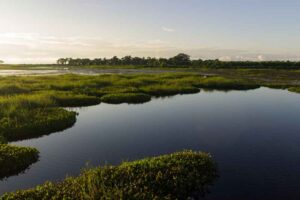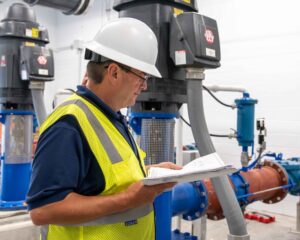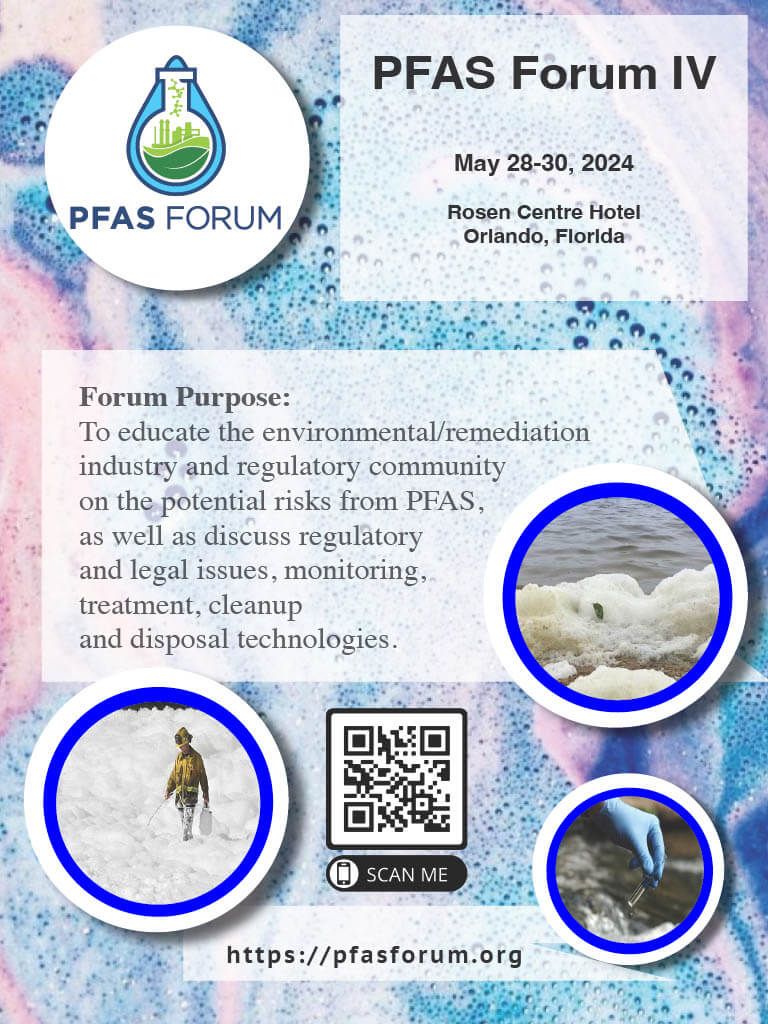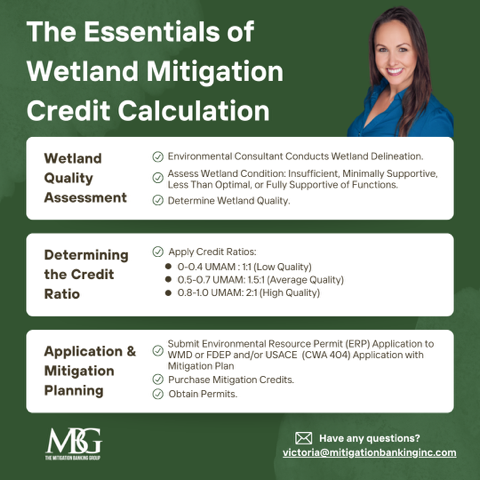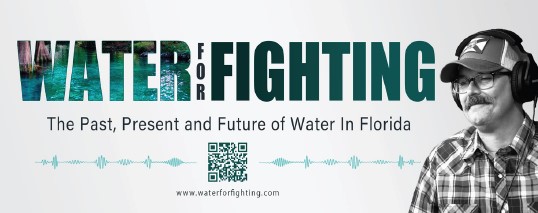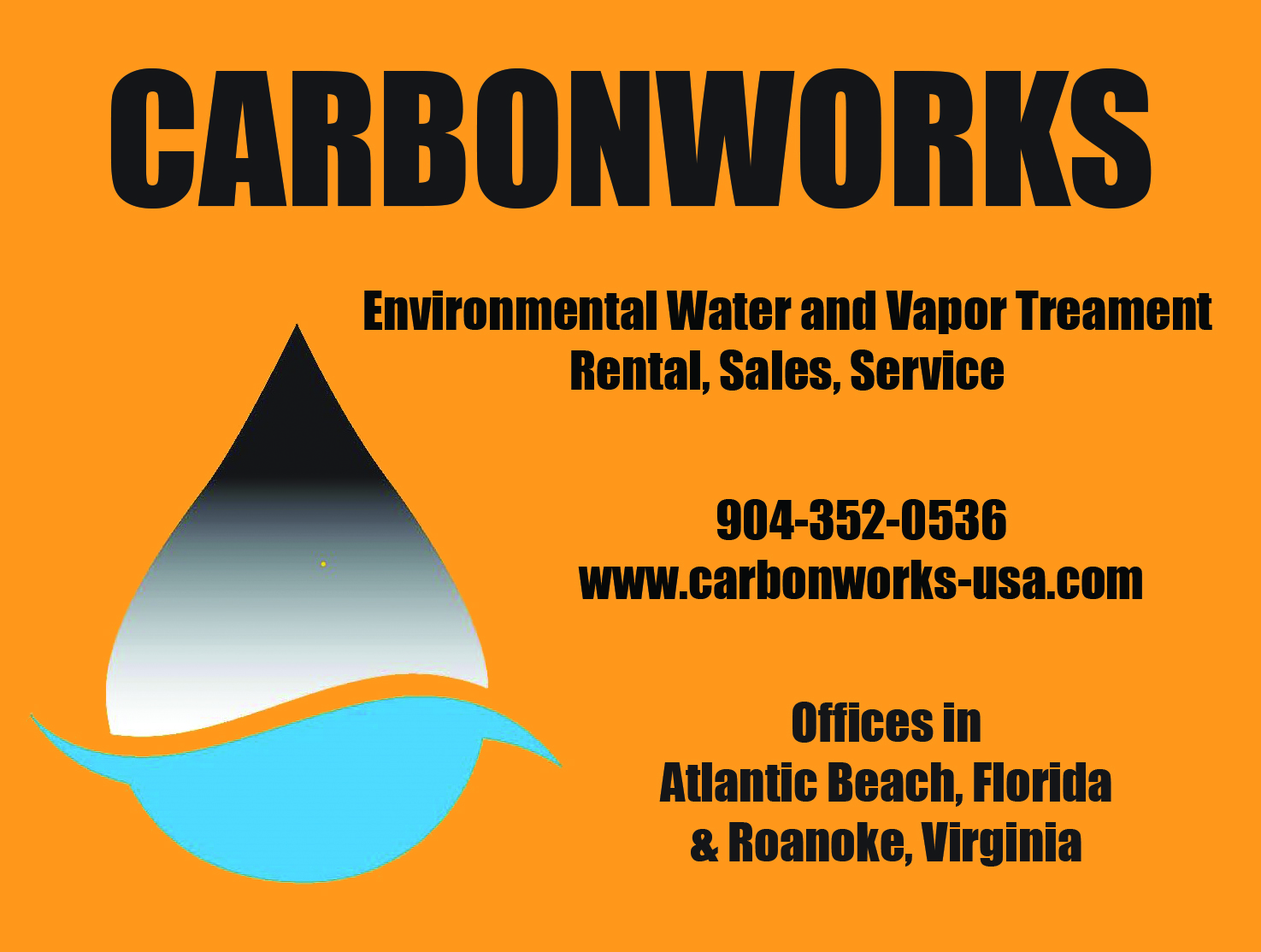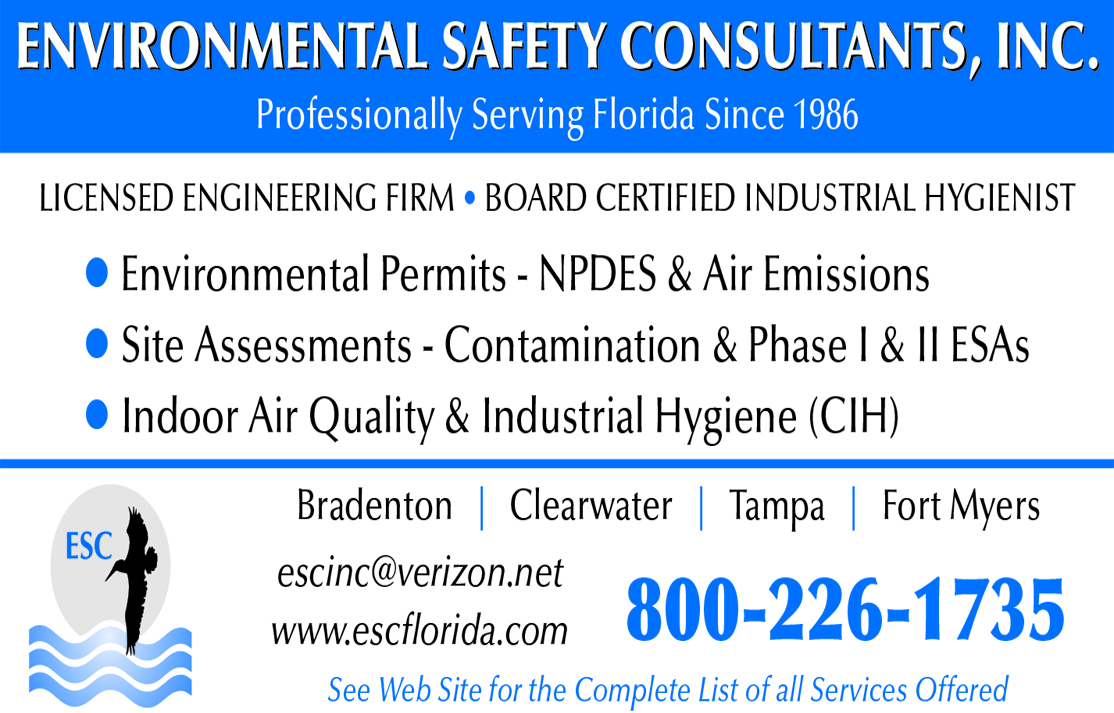By MICHEL BRUNEAU,
Ph.D., P.Eng., Dist. M. ASCE, F.SEI, F.CAE
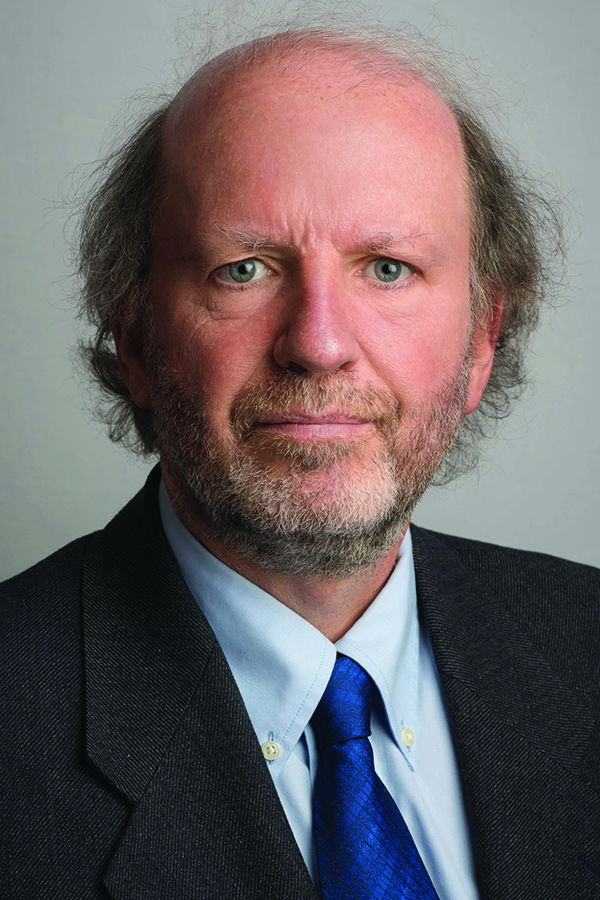
Most Florida residents likely would be surprised to hear a California resident say that earthquakes are not a big deal in the Golden State.
Just like most Californians would be surprised to hear Floridians say that hurricanes are not a big deal in the Sunshine State.
Yet, as surprising as it may seem, I have heard both — and heard it often. In fact, this “denial of disaster” is a widespread phenomenon that I have described extensively (and illustrated with some dumbfounding examples) during the multiple seminars I have given on my book “The Blessings of Disaster” in the past few months.
Adding to the list, in early May, after one such webinar to a Floodplain and Stormwater Managers Association, a member of the audience told me that his sister is absolutely convinced that hurricanes do not strike as far north as Jacksonville, where she lives. And not even her brother (whom, I remind you, is a floodplain manager) could make her change her mind — because, in her lifetime, she has never seen a hurricane up close.
Denial of disaster is a part of human nature. It won’t happen here, simply because it can’t. It always happens elsewhere — to others. We all experience that denial, to some degree, and it takes a conscious effort to counter that instinct.
Denial of disaster (as ill-advised as it may be) typically arises for a number of well-known reasons too long to outline here (and better addressed in a book). But let’s not confuse beliefs with facts.
The fact that none of the folks who survived the 1906 earthquake that leveled San Francisco can testify today that it happened (do the math), does not mean it did not happen.
Not only did it happen, but it will happen again. Likewise, Category 3, 4, and 5 hurricanes have hit Florida multiple times, and will hit again. It is never a matter of “if,” but rather a matter of “when.”
The fact that destructive earthquakes and hurricanes of a century ago have been forgotten is irrelevant.
The fact it has not happened yet in somebody’s lifetime, is irrelevant. It certainly was for the folks in Fort Myers Beach, until last September. It certainly was for the folks in Mexico Beach until October 2018.
When a hurricane with 135 to 150 mph winds struck Miami in 1926, a 10-foot-tall storm surge crossed the barrier island and reached Miami, extending over many city blocks, 372 people died, more than 6,000 were injured, and damage reached $164 billion in today’s dollars (https://www.weather.gov/mfl/miami_hurricane).
This is not trivial considering that only 100,000 people lived in the greater Miami area at the time — the state’s population then was 20 times less than it is today and about 90% of its population was in North Florida and not living on barrier islands).
Again, evidently, none of those who survived it are alive today. Is it forgotten? How many are ready for a repeat of this event? How many acknowledge that it could happen to them, and how many translate this acknowledgment into some actions that will make them able to weather the storm (pun unintended)? To be (ready) or not to be (ready), that is the question.
As Florida embarks on another hurricane season, nobody can pinpoint where and when a Category 3, 4, or 5 will strike.
Hurricanes are turbulent processes, and as such are only predictable in a probabilistic sense — something that unfortunately does not connect instinctively with human nature.
Thankfully, local TV news stations will start to regularly remind Florida residents (many of whom are new to Florida, having never lived in coastal areas before) to get ready, to get hurricane insurance, flood insurance, wind-resistant windows or shutters, and more.
And most importantly, to follow evacuations orders when issued — which is wise.
If the ocean is planning to trash your living room, don’t get your bathing suit; get out!
Of the total who decide to “ride out” the Cat 3s, 4s, and 5s there are always fewer who are lucky enough to survive; it’s not worth the bragging rights to be in denial of disasters.●
Michel Bruneau, Ph.D., P.Eng., Dist. M. ASCE, F.SEI, F. CAE, is SUNY Distinguished Professor at the University at Buffalo, and author of The Blessings of Disaster: The Lessons That Catastrophes Teach Us and Why Our Future Depends on It. He has spent decades developing engineering strategies to enhance the resilience of infrastructure. He is Director Emeritus of an NSF-funded Engineering Center that focused on enhancing the disaster resilience of communities and a contributor to the Florida Specifier.
Learn more about Michel Bruneau and his engineering and book, “The Blessings of Disaster,” at www.michelbruneau.com.


